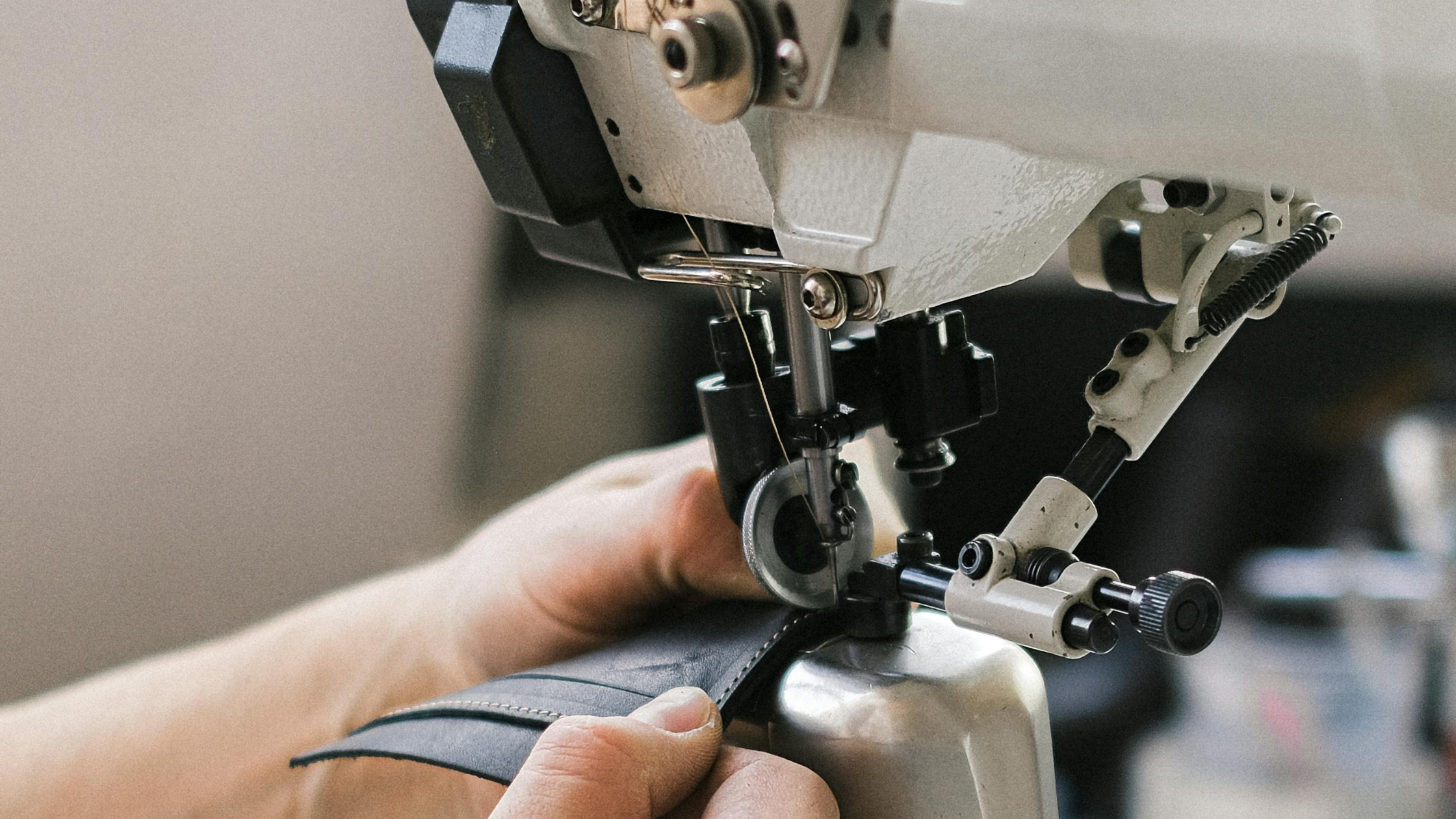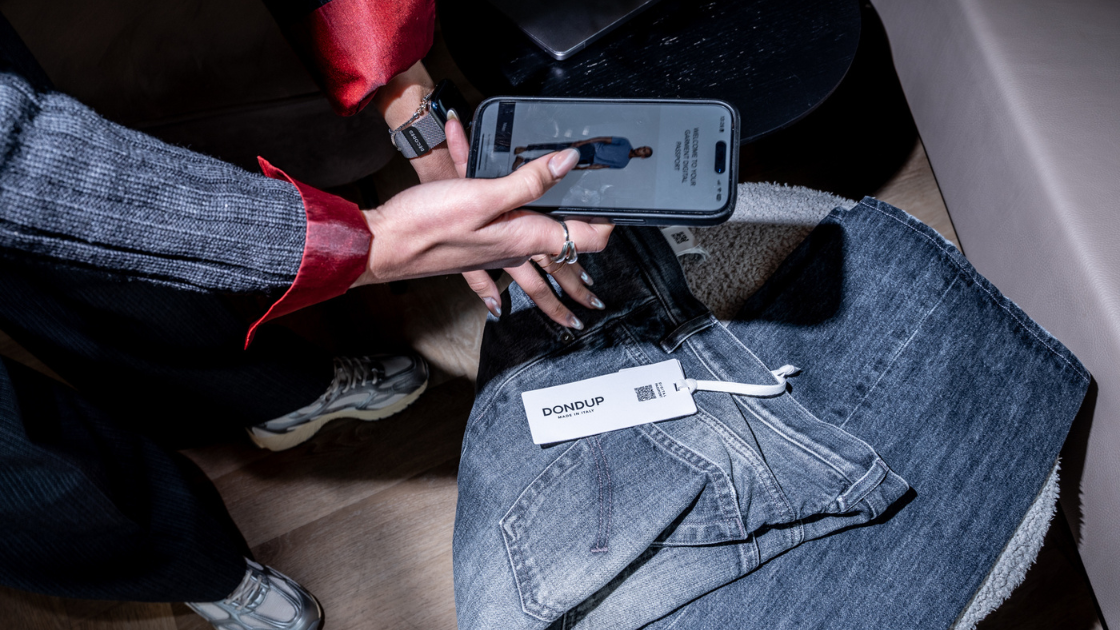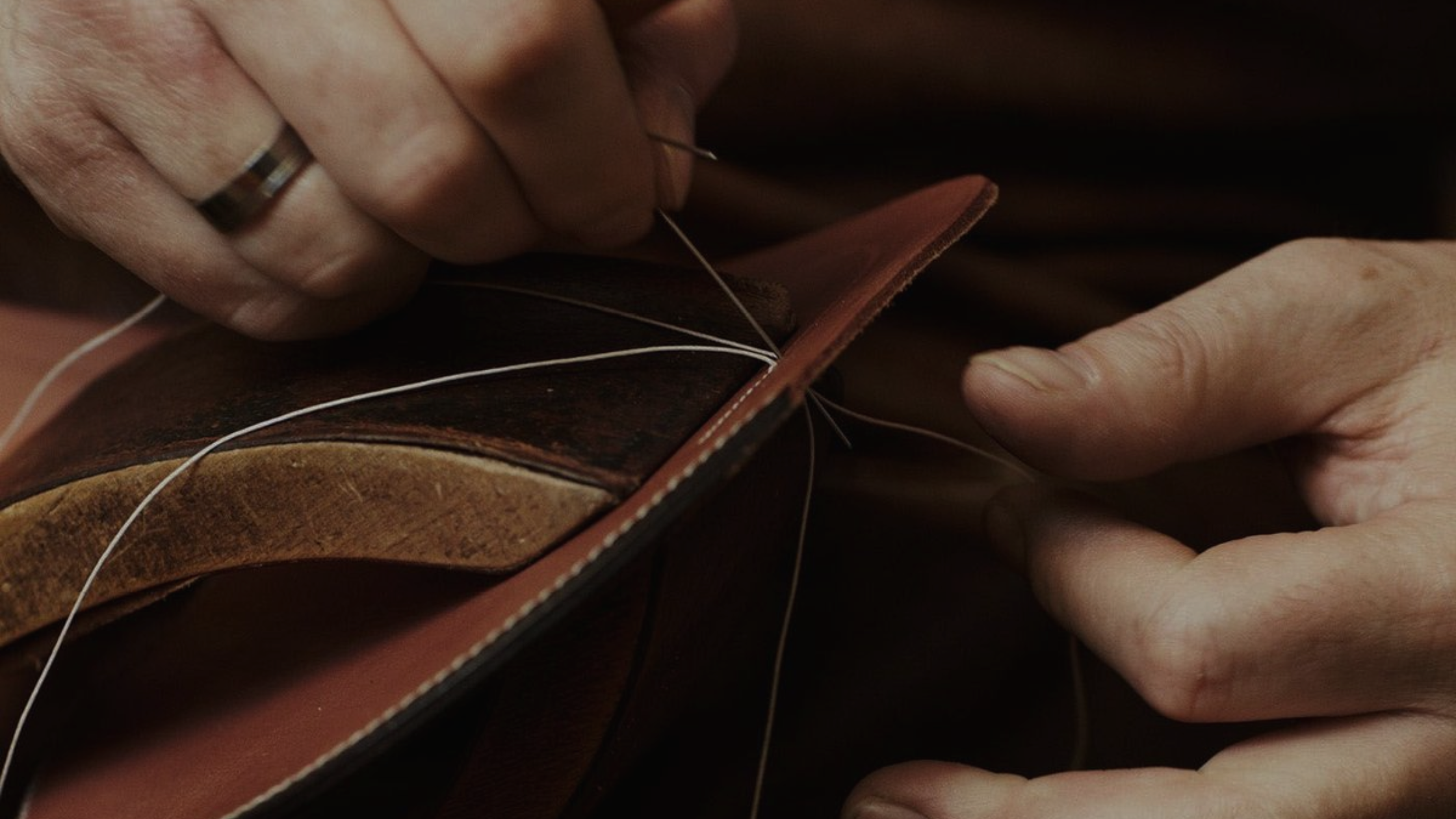The fashion industry, once characterized by its linear "take-make-dispose" model, is increasingly transitioning toward a circular economy – one that prioritizes sustainability by reducing waste and extending product life cycles. Central to this shift are Digital Product Passports (DPPs), innovative tools that provide transparency, traceability, and valuable information throughout a product's lifespan. These digital solutions are driving significant change, enabling brands, sustainability managers, and consumers to work together to embrace circularity, a concept that revolves around reuse, recycling, and reducing waste.
In this blog post, we will explore how Digital Product Passports enable the implementation of circular economy practices in fashion. We’ll discuss how they support sustainability managers, extend product lifespans, promote recyclability, enhance reuse, and allow seamless integration of services like resale and repair.
What Are Digital Product Passports?
Digital Product Passports are digital identifiers that provide a comprehensive overview of a product's lifecycle, from production to end-of-life. These passports capture key product data, including the materials used, the manufacturing processes, environmental impact, and much more. By integrating technologies such as QR codes, blockchain, and cloud-based solutions, DPPs provide consumers and businesses with quick access to critical product information.
For consumers, scanning a QR code on a product enables them to view its full lifecycle story – its origins, how it was made, and how to care for it. For businesses, particularly those in the fashion industry, DPPs serve as a powerful tool for managing transparency and ensuring compliance with ESPR and other EU regulations.
Digital Product Passports are an essential part of the modern fashion landscape, empowering both brands and consumers to make more informed decisions about sustainability, helping to reduce environmental impact and waste.
DPPs and the Circular Economy
The Circular Economy is an economic system designed to eliminate waste and the continual use of resources. It’s based on the premise that products should be designed for durability, reuse, remanufacturing, and recycling, which contrasts sharply with the traditional linear economy where products are disposed of after use.
DPPs play a critical role in facilitating the circular economy by providing a transparent, traceable record of a product’s lifecycle. This traceability allows fashion brands to design products that are more durable, recyclable, and reusable. Moreover, it enables consumers to make choices that support sustainability, such as selecting items that are made from recycled materials or opting for products designed to be easily repaired.
By integrating data into a product’s digital passport, brands can track key sustainability indicators, such as material composition, carbon footprint, and water usage, helping to reduce waste at the end of the product’s lifecycle. This transparency also plays a vital role in supporting EU sustainability reporting standards, providing brands with the necessary data to meet regulatory requirements.
Supporting Sustainability Managers in Circular Economy Practices
For sustainability managers, DPPs simplify the complex task of monitoring and verifying a product’s environmental impact. These digital tools collect and centralize data on every stage of the product journey — from raw material sourcing and production to logistics, consumer use, and end-of-life disposal.
This level of insight helps managers identify areas for improvement, build more responsible supply chains, and confidently communicate a product’s sustainability credentials. For example, DPPs can highlight products designed for easy disassembly or outline steps consumers can take to extend an item’s lifecycle, ultimately contributing to waste reduction.
Key DPP Features Supporting Circular Economy
Product Durability
DPPs provide consumers with valuable data on product longevity, including material durability, care instructions, and repair guides. For example, brands can use DPPs to communicate the “cost per wear”: a simple way to show consumers the value of investing in quality items that last longer, rather than buying disposable fast fashion. Here’s an example from Essen, an Australian based footwear brand.
By equipping consumers with maintenance knowledge and easy access to repair services, brands can encourage longer product use and build lasting relationships with their customers.
Recyclability
As part of the circular economy, recyclability is crucial. DPPs contain detailed information about the materials used in a product, such as whether they are recyclable, biodegradable, or made from recycled content. By knowing exactly what materials make up a product, consumers can make informed decisions about how to dispose of it when it reaches the end of its life.
DPPs can even include links to recycling facilities or guidelines on how to properly recycle specific materials. By encouraging the recycling of products, DPPs help reduce the environmental impact of discarded items, diverting waste from landfills and promoting the reuse of valuable resources.
Reuse
One of the most effective ways to reduce waste in the fashion industry is by encouraging the reuse of products. DPPs enable this by providing essential information about the condition of a product, including its durability, repair history, and any modifications made over time.
This level of detail makes it easier to resell, donate, or trade-in products, contributing to a more sustainable circular economy. Consumers can trust that a product is in good condition before purchasing second-hand, while brands can resell used items through direct or third-party platforms. By promoting reuse, DPPs help keep fashion items in circulation for longer, reducing the demand for new resources.
One-Click Resale and Repair Services via DPPs
Beyond transparency, DPPs can integrate directly with resale and repair platforms, enabling one-click access to circular services. Scanning a QR code might lead consumers to a brand's in-house resale marketplace or a trusted repair partner, making it easier than ever to extend a product's life.
An example is Copenhagen Cartel, the Danish activewear brand, working with Renoon to offer a one-click resale feature through their DPPs, allowing customers to effortlessly give their items a second life.
This seamless integration removes friction, encouraging consumers to engage with circular practices and reinforcing brand loyalty.
The Future of Circularity with DPPs
As fashion evolves, Digital Product Passports will become even more dynamic. We can expect future innovations like real-time lifecycle data updates, deeper integration with supply chain management, and enhanced consumer touchpoints.
DPPs can also act as ongoing engagement tools. For instance, brands could gather insights from consumers who scan QR codes, when they don’t purchase directly from the brand’s e-commerce platform. This feedback loop opens new opportunities for post-purchase engagement, creating a continuous relationship between the brand and consumer.
Conclusion
Digital Product Passports are a powerful tool for enabling the transition to a Circular Economy in fashion. By providing transparency, traceability, and valuable lifecycle information, DPPs support sustainability managers, extend product durability, promote recyclability, and encourage reuse. Through one-click resale and repair services, DPPs further enhance the circular economy by making it easier for consumers to extend the life of their fashion items.
The future of fashion is circular, and Digital Product Passports are at the forefront of this change. Brands, sustainability managers, and consumers all have a role to play in embracing these innovations for a more responsible future.
At Renoon, we provide Digital Product Passports that enable brands to enhance transparency, meet sustainability goals, and drive the circular economy. Book a Demo with the Renoon team to evaluate your data collection practices today and explore innovative solutions to ensure your brand is prepared for the future of responsible fashion.








.png)
.png)


.png)
.png)


.png)
.png)

.png)

.png)
.png)
.png)


.png)
.png)
.jpg)
.png)






.png)


.png)
.png)













.png)
.png)
.png)

.png)
.png)
.png)
.png)
.png)


.png)
